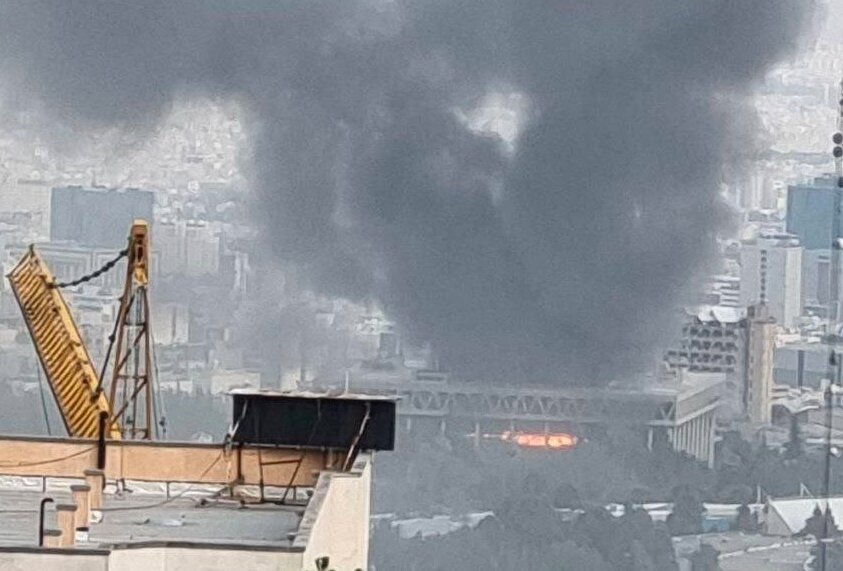
Similar Posts
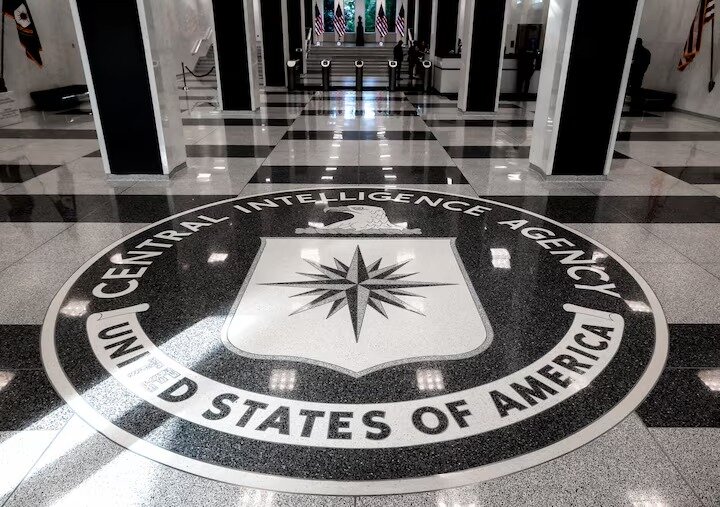
CIA Announces Workforce Buyouts to Align with Trump’s Strategic Priorities
Recent changes at the CIA, aligned with the Trump administration’s national security agenda, have sparked considerable attention. CIA Director John Ratcliffe’s initiative includes buyouts aimed at revitalizing the agency’s workforce to address issues like drug cartels and countering China’s influence. The voluntary buyout options, unlike previous schemes, are limited to certain employees, raising concerns about continuity and institutional knowledge. This transformation is part of a broader government overhaul, including the dismissal of civil servants and an opportunity for 2 million federal workers to resign. The effectiveness of these changes on national security operations remains to be seen.

50 Years Later: Reflecting on the Legacy of Lebanon’s Infamous Civil War Eruption
Lebanon’s civil war, which began in 1975, continues to influence the region, with lasting impacts evident in the political landscape shaped by figures like Samir Geagea. The Murji’ah sect, known for prioritizing faith over actions, has historical ties to the Umayyad regime’s tactics to silence opposition. Geagea is viewed as a successor to Bashir Gemayel, aligning with U.S. interests during the Cold War and often criticized for his sectarian stance against Shiite factions. As tensions rise, the legacy of the civil war remains relevant, reflecting ongoing issues stemming from sectarianism and external pressures in Lebanon.

Netanyahu Navigates Extended Route to US to Evade ICC Arrest Warrant
Israeli Prime Minister Benjamin Netanyahu’s recent visit to Washington has garnered attention due to an arrest warrant from the International Criminal Court (I.C.C.) related to alleged crimes against Palestinians. To sidestep potential legal repercussions, Netanyahu took a lengthy detour to avoid flying over countries that might enforce the warrant. His visit underscores the intricate balance between diplomatic duties and legal challenges faced by leaders. As he engages with U.S. officials, the implications of his trip may significantly affect U.S.-Israel relations and broader Middle Eastern dynamics, highlighting ongoing debates about international law and accountability in governance.
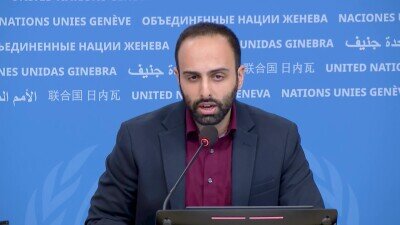
UN Human Rights Official Warns: Israel’s Golan Heights Occupation Threatens Regional Security
Israel’s occupation of the Golan Heights is destabilizing Syria, according to a UN Human Rights Office spokesman. Thameen Al-Kheetan emphasized that Israel’s plans to increase the settler population violate the 1974 disengagement agreement, threatening Syrian sovereignty and regional peace. Military activities have intensified following the fall of Bashar al-Assad’s government, with increased airstrikes on Syrian positions further escalating tensions. The international community, including the UN, condemns these actions, highlighting their impact on humanitarian conditions and prospects for resolution. Al-Kheetan calls for dialogue and adherence to international law to address the complex issues surrounding the occupation.
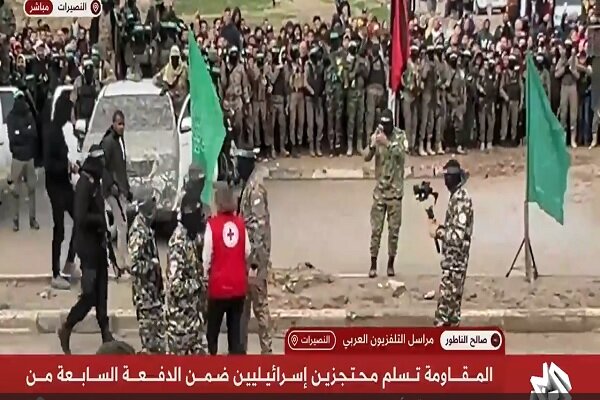
Hamas Denounces US-UK Aggression in Yemen: A Call for Global Solidarity
Recent US-UK airstrikes in Yemen’s capital, Sanaa, have ignited outrage, particularly from the Palestinian Hamas movement, which condemned the attacks as criminal. The airstrikes resulted in at least 18 civilian casualties and are perceived as part of a troubling trend of military aggression in the region. Both Hamas and Islamic Jihad criticized the strikes, linking them to support for Israeli occupation and broader geopolitical issues. The situation raises serious concerns about international law and the humanitarian crisis in Yemen, prompting calls for a reassessment of military strategies and highlighting the interconnectedness of regional conflicts.
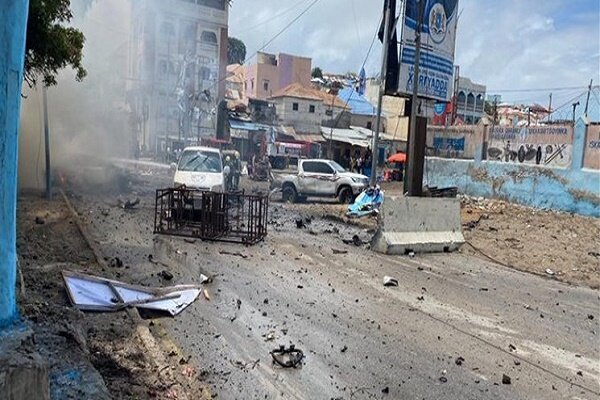
Devastating Airstrikes: Somali Forces Eliminate 82 Al-Shabaab Terrorists in Major Victory
The National Intelligence and Security Agency (NISA) has intensified operations against al-Shabaab in Somalia, particularly in the Lower Shabelle region. Recent airstrikes in Sabiid and Canoole targeted militants, resulting in 19 injuries and emphasizing civilian safety. NISA’s actions, based on intelligence about al-Shabaab disruptions, aim to protect locals, advising them to avoid conflict areas. This response follows al-Shabaab’s attacks on Somali troops. The government is committed to eradicating terrorism through military and community collaboration, focusing on rebuilding trust and providing humanitarian aid. NISA’s efforts highlight the ongoing battle for stability and safety in Somalia.